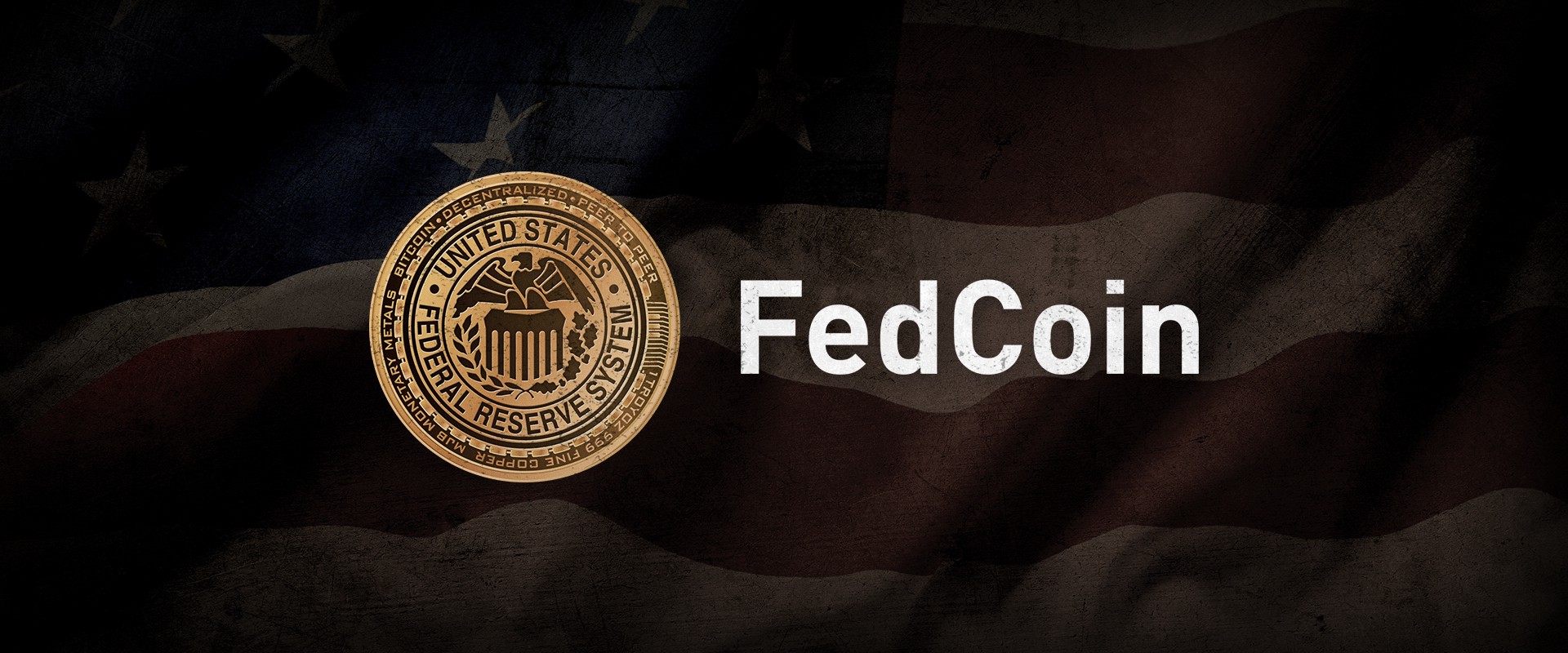PALO ALTO, Calif. (Reuters) - The Federal Reserve is looking at a broad variety of issues around digital payments and currencies, consisting of policy, design and legal factors to consider around possibly releasing its own digital currency, Guv Lael Brainard stated on Wednesday. Brainard's remarks recommend more openness to the possibility of Check out this site a Fed-issued digital coin than in the past." By transforming payments, digitalization has the potential to provide higher worth and benefit at lower expense," Brainard said at a conference on payments at the Stanford Graduate School of Service.

Main banks worldwide are discussing how to handle digital financing technology and the distributed ledger systems utilized by bitcoin, which assures near-instantaneous payment at possibly low expense. The Fed is establishing its own round-the-clock real-time payments and settlement service and is currently Check out here evaluating 200 comment letters submitted late last year about the proposed service's style and scope, Brainard said.
Less than 2 years ago Brainard informed a conference in San Francisco that there is "no compelling demonstrated requirement" for such a coin. However that was prior to the scope of Facebook's digital currency aspirations were extensively understood. Fed officials, consisting of Brainard, have actually raised issues about customer protections and information and personal privacy dangers that might be posed by a currency that could come into usage by the 3rd of the world's population that have Facebook accounts.
" We are working together with other central banks as we advance our understanding of main bank digital currencies," she said. With more countries checking out releasing their own digital currencies, Brainard stated, that contributes to "a set of factors to likewise be ensuring that we are that frontier of both research and policy advancement." In the United States, Brainard stated, issues that need research study consist of whether a digital currency would make the payments system much safer or easier, and whether it could present monetary stability dangers, including the possibility of bank runs if money can be turned "with a single swipe" into the reserve bank's digital currency.
To counter the financial damage from America's unmatched national lockdown, the Federal Reserve has actually taken extraordinary steps, consisting of flooding the economy with dollars and investing straight in the economy. Many of these relocations got grudging acceptance even from many Fed skeptics, as they saw this stimulus as required and something only the Fed could do.
My new CEI report, "Government-Run Payment Systems Are Unsafe at Any Speed: The Case Against Fedcoin and FedNow," information the risks of the Fed's present strategies for its FedNow real-time payment system, and propositions for main bank-issued cryptocurrency that have actually been called Fedcoin or the "digital dollar." In my report, I discuss concerns about personal privacy, information security, currency adjustment, and crowding out private-sector competition and development.
Supporters of FedNow and Fedcoin state the federal government should produce a system for payments to deposit instantly, instead of motivate such systems in the economic sector by lifting regulative barriers. However as noted in the paper, the economic sector is offering an apparently endless supply of payment innovations and digital currencies to resolve the problemto the extent it is a problemof the time space in between when a payment is sent out and when it is received in a bank account.
And the examples of private-sector development in this area are many. The Clearing House, a bank-held cooperative that has actually been routing interbank payments in numerous types for more than 150 years, has been clearing real-time payments considering that 2017. By the end of 2018 it was covering half of the deposit base in the U.S.